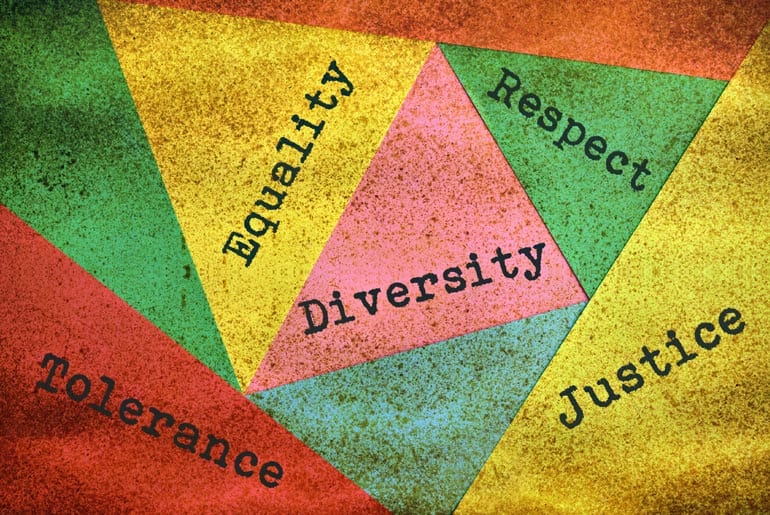

Northern states, including Illinois, restricted the settlement of free blacks within their borders. Southern states denied slaves the right to read, to write and to marry. Free blacks in the North could not vote, serve on juries or hold public office. In the first half of the 19th century, millions of blacks were enslaved. Such current research projects as the Illinois Historic Preservation Agency’s Papers of Abraham Lincoln make available documentary evidence of Lincoln’s interactions with blacks, and an examination of that evidence enhances our understanding of Lincoln and his era.įirst, some historical truths. Understanding race within its historical context is the only way to get to the truth. We need to understand not only how Lincoln the politician understood race, but also how Lincoln the man responded to it in the context of the society in which he lived. We need to make a distinction between evaluating historical actors on their own terms and evaluating them in terms of our own modern perceptions.

But to address the question of whether Lincoln was a racist, we need to understand the historical context of race. Some of these arguments are compelling, and some of them are outrageous. They have argued that Lincoln was a white supremacist dedicated to the elevation of white society at the expense of the rights and freedoms of black Americans. They have suggested that abolitionists forced Lincoln to develop a higher moral agenda in conducting the war. They have argued that Lincoln was not quick enough to make the abolition of slavery a primary aim of the Civil War.

They have insisted that the Emancipation Proclamation was merely a military strategy, which did not become an instrument for social reform. They have reduced the complexities of his racial views to his brief support of the movement to colonize blacks in Africa. In recent years, some writers and scholars have argued that he was. Here are the top five countries for racial equality, ranked by perception.Was Abraham Lincoln, the “Great Emancipator,” a racist? Of 85 countries assessed for 2022, the United States finished in 65th place – a lower ranking than Hungary, a country whose prime minister, Viktor Orban, has been known for his hardline stance against immigration and was criticized for remarks in July 2022 about some Europeans not wanting to become “ peoples of mixed race.” News, the 2022 Best Countries for Racial Equality rankings are drawn from a global survey of more than 17,000 people and highlight countries according to their association with racial equity among a subset of respondents who agreed moderately or strongly with this statement: “A country is stronger when it is more racially and ethnically diverse.”

about racial inequities within an array of societal institutions, from criminal justice and health care to economics and education.īut such discussions have extended far beyond America’s borders as well, evidenced by international protests calling for racial justice that have coincided with an increasingly globalized world and growing diversity in many nations.Ī companion to the overall 2022 Best Countries rankings from U.S. The police-involved deaths of African Americans George Floyd and Breonna Taylor, along with the disproportionate impact of the COVID-19 pandemic on communities of color, have helped fuel conversations in the U.S.


 0 kommentar(er)
0 kommentar(er)
